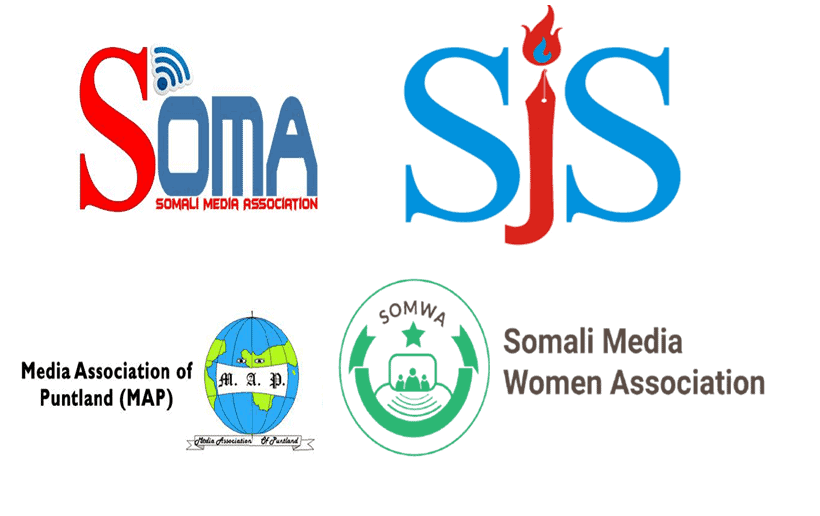JOINT PRESS RELEASE
November 18, 2024 – We, the undersigned organizations, strongly condemn the recent wave of coordinated cyberattacks targeting Somali journalists, bloggers, public figures, and government officials, primarily through Facebook. These malicious actions, occurring between late October and mid-November 2024, have disrupted over 32 Facebook accounts, including those of media personalities, influencers, and state officials in Somalia and the diaspora.
The attacks involved the deliberate misuse of Meta’s systems to delete Facebook accounts or designate them as “memorialized,” falsely indicating the individuals had passed away. A few accounts have since been restored, but the majority including accounts of journalists remain inaccessible.
Our investigation into the nature of these attacks uncovered alarming methods, including the use of forged death certificates to deceive Facebook systems into removing or memorializing accounts. Half of the affected journalists reported that Meta’s support team claimed the platform had received false death reports, allegedly submitted by loved ones.
For example, journalist Mohamed Salh’s Facebook page was labeled as a memorial on November 9, 2024, with a message stating: “We hope that people who love Mohamed will find comfort in visiting his profile to remember and celebrate his life.”
Although Mohamed is alive and actively reporting on other platforms like X (formerly Twitter) and YouTube, his Facebook account remains inaccessible.
Government officials have also been targeted. The Puntland Ministry of Information confirmed that Facebook accounts associated with the Puntland state presidency and several ministers were taken offline during the attacks, though some have since been restored. Similar incidents were reported in Mogadishu and Jubaland, including the Jubaland state president’s Facebook account.
Other high-profile cases include the deletion of Sahal Cable TV’s Facebook page, a local channel based in Bosaso, Puntland, on November 14, 2024, without explanation.
These attacks, which also targeted influencers and journalists, raise grave concerns about online safety and freedom of expression in Somalia, particularly during a time of growing conflict, political disputes over federalization, and the elections in Somaliland this week.
Social media platforms, especially Facebook, play an important role in sharing news and information, connecting citizens, and fostering political dialogue. In Somalia, Facebook remains a vital platform for news dissemination, communication, and connection with the diaspora.
Many high-profile individuals, including those accounts that have yet to recover, have expressed this feeling, stating that they don’t feel safe on Facebook and considering not using this meta as their main platform.
This is not the first time Meta’s platforms have been implicated in actions threatening freedom of expression in Somalia. In 2019, Facebook removed 16 accounts belonging to Somali journalists and individuals without providing a full explanation.
The masterminds behind these recent attacks remain unknown. However, we, as Somali independent media organizations, demand an immediate and thorough investigation into the attacks to identify and hold accountable those responsible.
Meta must take responsibility for ensuring its platform protects users’ rights to freedom of expression and enhances online safety.
Meta must also put stronger safeguards in place to prevent misuse of systems, such as memorialization features and the use of the Dangerous Organizations and Individuals (DOI) policy that can be weaponized against critical journalists, media institutions, and other individuals.
We call on Meta to act swiftly to address these issues and restore trust in its platform.
Signed:
- Somali Journalists Syndicate (SJS)
- Somali Media Women Association (SOMWA)
- Media Association of Puntland (MAP)
- Somali Media Association (SOMA)

